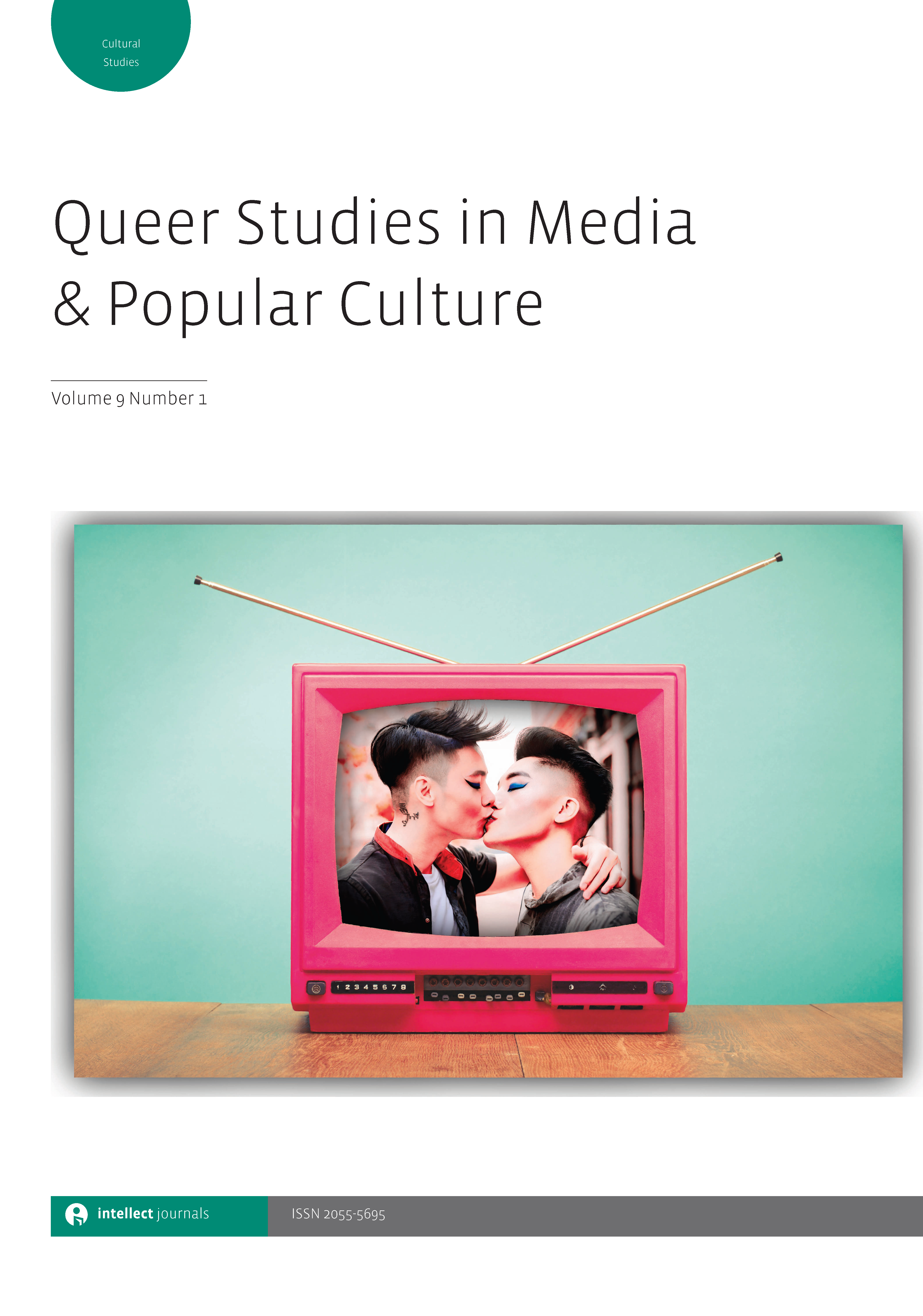
Full text loading...

Brazil has one of the highest rates of violence against trans people in the world. It is in this context of dehumanization that the work of self-identified Black travesti artist Linn da Quebrada emerges. In this article, I analyse Linn da Quebrada's performances in three of the artist's official music videos, all released in 2016: 'Talento', 'Enviadescer' and 'Bixa Preta'. After briefly introducing the ideas of embodied translation and disidentifications, I analyse Linn da Quebrada's survival strategies in terms of simultaneous rejection of cis-masculinity and the embracing of queer femininity, resulting in a bicha travesti worldmaking; a world in which travestis of colour are fully human. Ultimately, Linn da Quebrada's disidentificatory performances concomitantly suggest a mode of survival and a vehicle for structural change, both of which deserve close consideration from scholars interested in queer transnational contexts.

Article metrics loading...

Full text loading...
References


Publication Date:
https://doi.org/10.1386/qsmpc_00014_1 Published content will be available immediately after check-out or when it is released in case of a pre-order. Please make sure to be logged in to see all available purchase options.